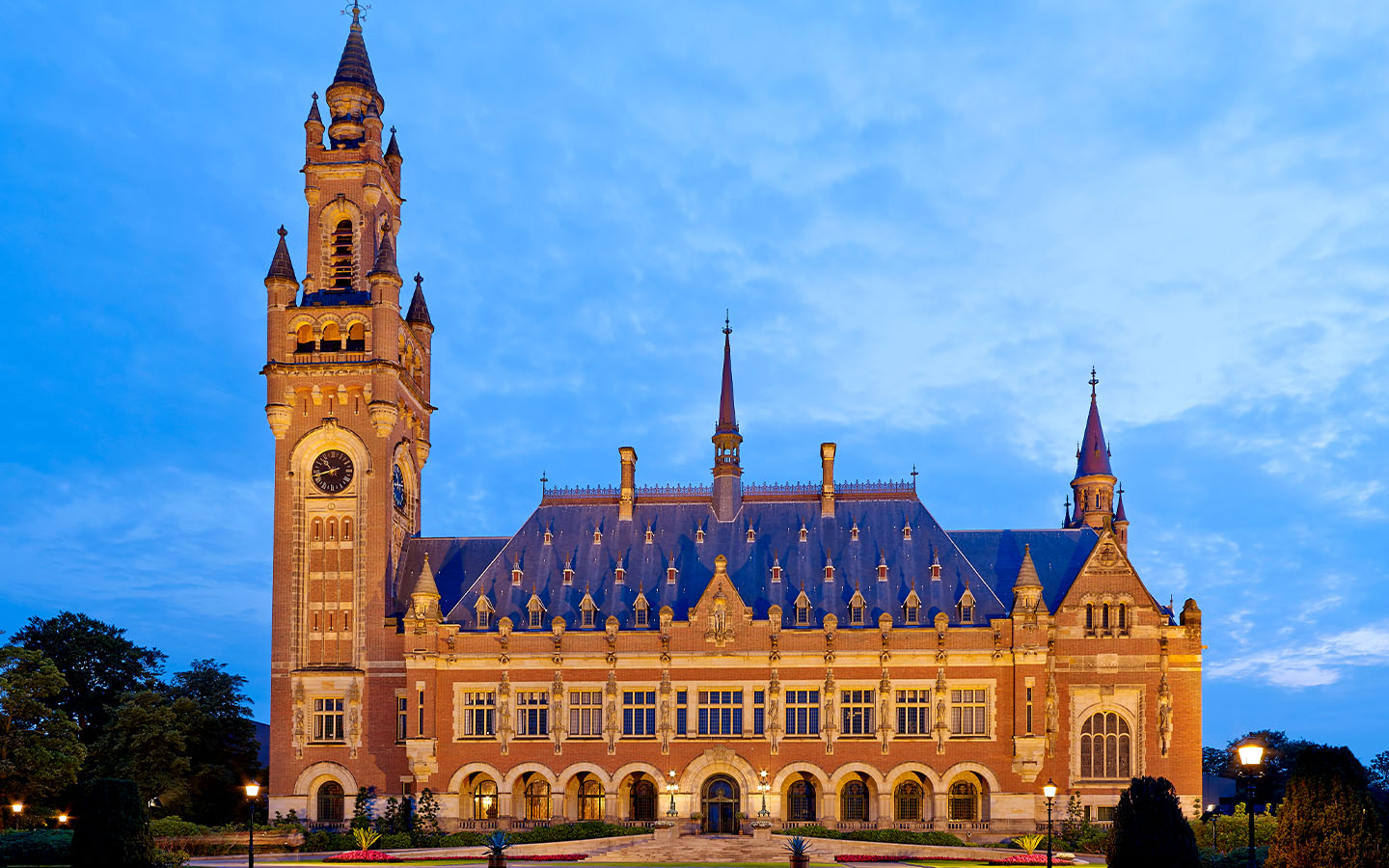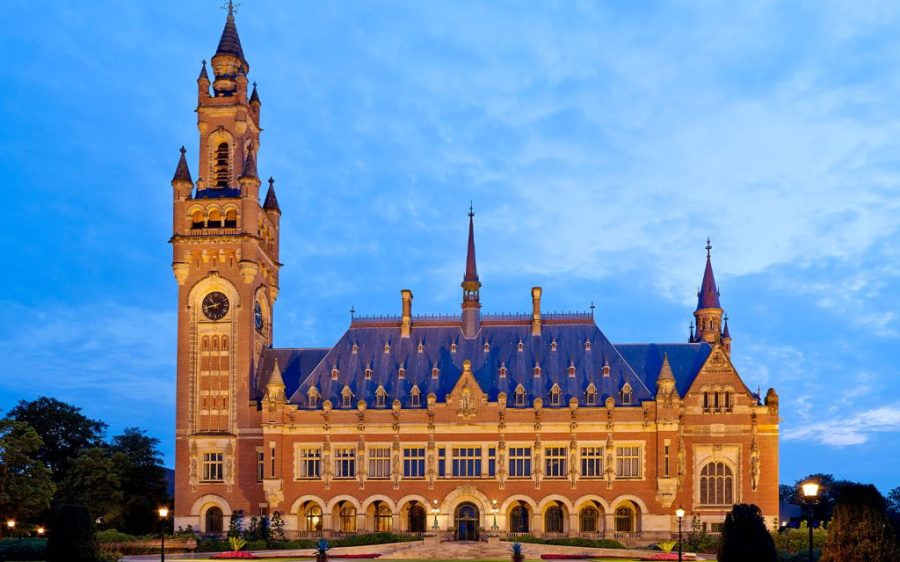The International Court of Justice (ICJ) has begun hearings in the biggest climate change case ever, with more than 100 countries and non-governmental organisations calling for an opinion on “the obligations of States in respect to climate change,” according to multiple media reports.
The two-week hearing is the result of years of lobbying by island nations who face an existential threat in rising sea levels, a phenomenon driven by an ever-warming planet. Margaretha Wewerinke-Singh, who heads the legal team for Vanuatu, told the AP that they “want the court to confirm that the conduct that has wrecked the climate is unlawful.” Vanuatu, a small island nation in the Pacific of around 300,000 people, will be the first to present arguments before the United Nation’s highest court.
Hearings will run until 12 December and a decision is not expected until 2025. While advisory opinions issued by the ICJ are non-binding, they are legally, morally and politically significant.
[See more: The UN Secretary-General raises the alarm on rising sea levels]
The landmark climate change case began with a group of 27 law school students at the University of South Pacific in Vanuatu. They hailed from different Pacific island nations, all among the most vulnerable to the worsening effects of climate change. Solomon Yeo, a citizen of the Solomon Islands, hatched the idea with his classmates to change international law on climate change via the ICJ. Yeo, who now serves as the campaign director for the NGO created by the groups, Pacific Island Students Fighting Climate Change, will be attending the hearings at the Hague.
The hearing comes on the heels of an abysmal result at the recent COP29 summit, hosted in the petrostate of Azerbaijan, which saw the talks nearly collapse as fossil fuel interests loomed large and countries responsible for causing the calamitous rise in carbon dioxide levels resisted demands for financial support by nations threatened by their actions. Despite this, campaigners are quietly confident that their case at the Hague will be successful.
An advisory opinion from the ICJ would clarify legal questions related to climate change and have huge implications for litigation at the domestic, regional and international level. “[An ICJ decision] carries huge weight and moral authority,” Cameron Diver, a Pacific legal expert, told the Guardian. “It would be the pinnacle of the international legal guidance that could be provided.”






